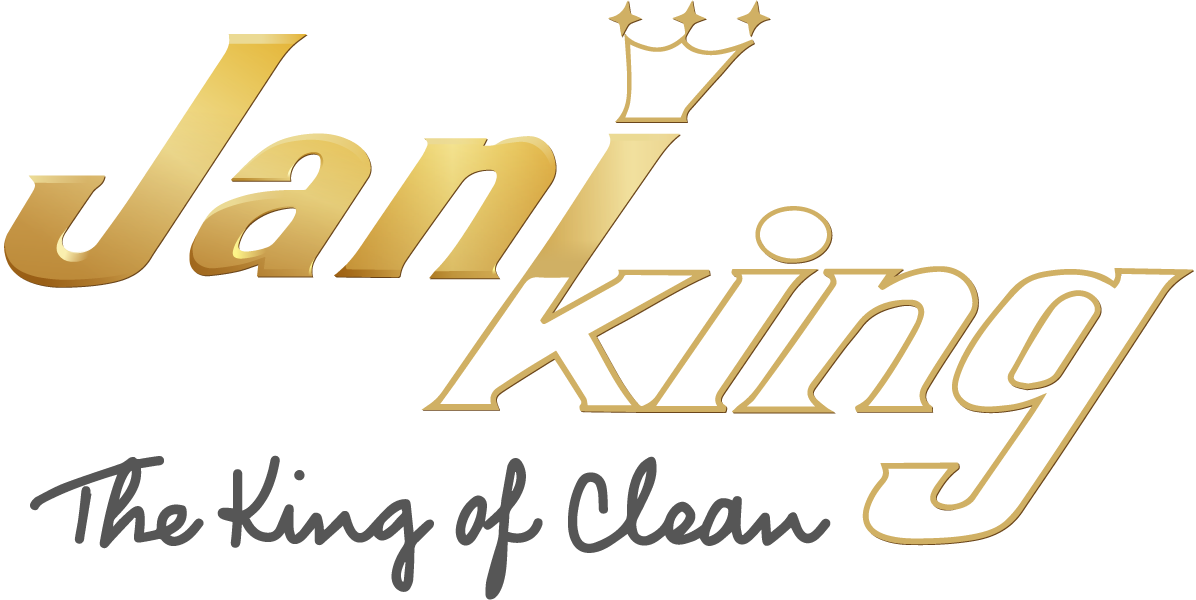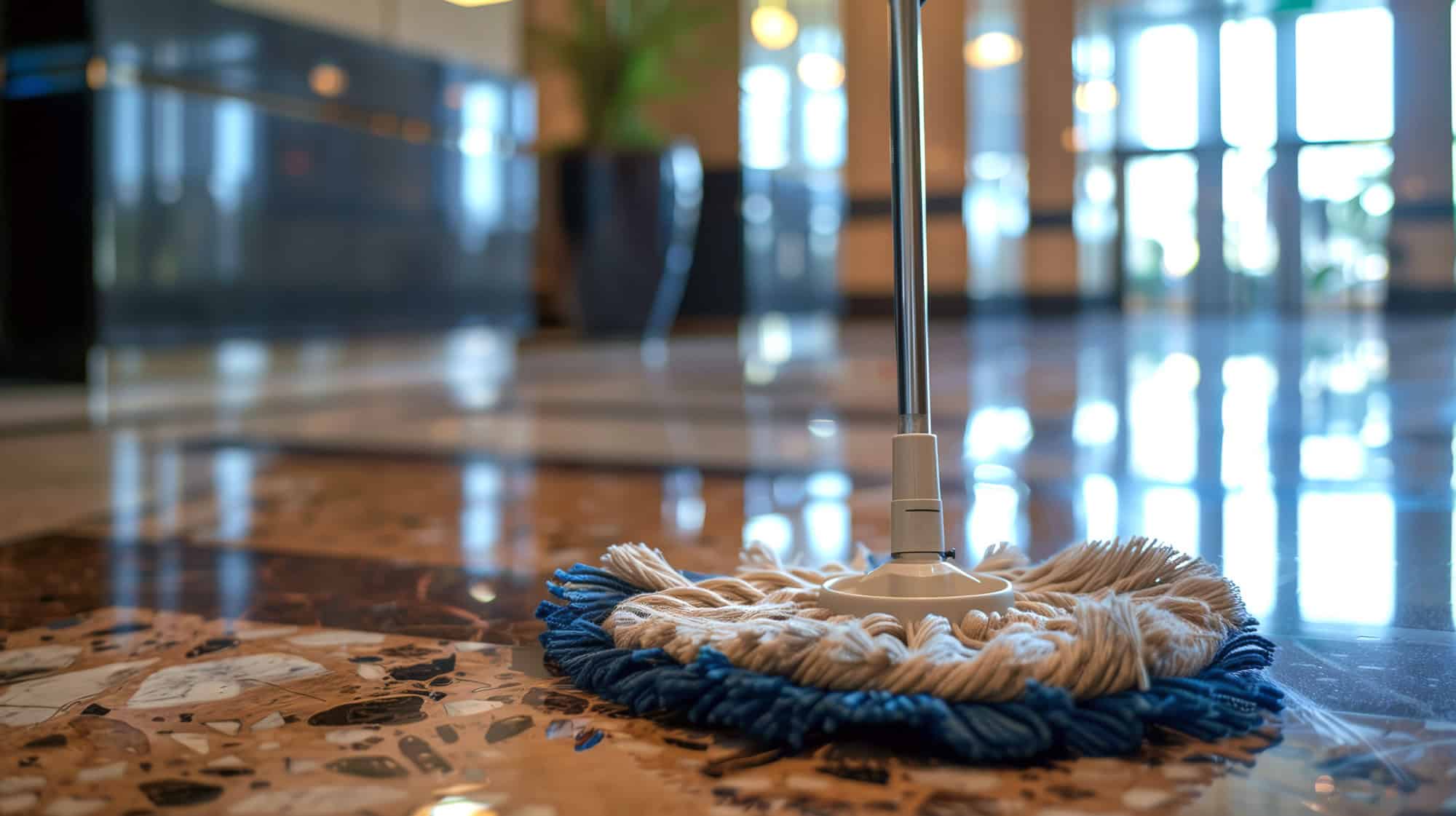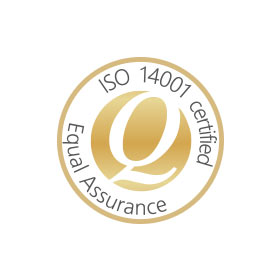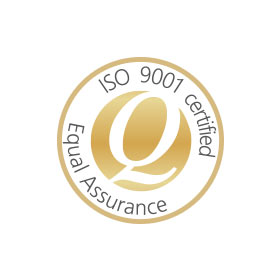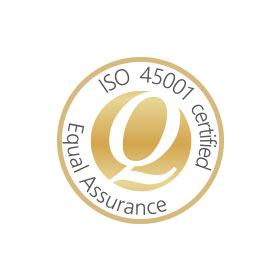Maintaining a clean and hygienic environment in hospitality venues is necessary to create a positive reputation, comply with health and safety standards and encourage a loyal customer base. Cleaning involves more than just routine tasks like wiping down tables at closing time. When done effectively, cleaning creates an environment that makes patrons feel comfortable and welcome upon entering. No one wants to enter a dirty venue, let alone dine there, so it’s important that these standards are upheld. A clean venue enhances the guest experience, reduces negative reviews, and supports the business’ overall success. Let’s dive into best practices for keeping your hospitality venue spotless and running smoothly.
Table of Contents
The key takeaways
- Cleanliness shapes the atmosphere of your venue and influences the customer experience.
- High hygiene standards are necessary to satisfy patrons and comply with food safety regulations.
- Customers expect cleanliness in seating, restrooms and dining areas, which is essential for repeat business.
- Regular spot cleaning throughout the day and a thorough nightly clean help maintain hygiene standards and ensure your venue always looks its best.
- Properly training staff on cleaning best practices ensures your venue remains spotless and your guests leave impressed.
- Using a commercial kitchen cleaning checklist is essential to uphold high standards of cleanliness.
The importance of cleanliness in pubs, clubs, and front-of-house
In the busy world of hospitality, having a clean front-of-house isn’t just a nice touch — it’s essential. When guests walk into your pub or club, the cleanliness sets the mood for their entire visit. It shapes how they feel about the place and whether they want to return. That’s why keeping your space spotless, especially areas where customers can see, should be a top priority for every hospitality business owner.
No one wants to return to a dirty venue that disregards hygiene standards and doesn’t care about their reputation. In today’s digital age, where a negative review can be shared with the click of a button, maintaining a spotless environment is critical to preserving your venue’s reputation. A clean, well-maintained space attracts loyal customers and encourages positive word-of-mouth. You set your hospitality venue up for long-term success by prioritising cleanliness and creating an inviting atmosphere.
The role of cleaning in pubs, clubs, and front-of-house operations
Customer expectations
When people walk into your business, they expect certain standards to be met — these aren’t luxuries but essential elements of their experience. If these expectations aren’t fulfilled, it tarnishes their experience and makes them less likely to return.
Patrons expect cleanliness in key areas they interact with:
- Clean tables & seating: No sticky surfaces or spills.
- Hygienic bathrooms: Well-maintained restrooms with clean toilets and sinks.
- Fresh-smelling spaces: A pleasant scent and clean air set the right mood.
Regulatory compliance
Under Standard 3.2.2 – Food Safety Practices and General Requirements, food businesses must ensure that their premises, fixtures, fittings, equipment, and food transport vehicles are kept clean and sanitary. This includes:
- Preventing the accumulation of grease and food debris, garbage, dirt and similar items.
- Ensuring all utensils and surfaces that come into contact with food are clean and sanitary.
This regulatory compliance is aligned with Standard 3.2.3—Food Premises and Equipment, which requires businesses to provide staff with hand-washing facilities, toilets, and storage space for personal belongings.
First impressions
First impressions are everything in the hospitality industry, as they can make or break your business. Getting it right is crucial, and cleanliness is one of the first things people notice.
Why do first impressions matter?
- Welcoming atmosphere: A clean, tidy entrance invites guests to enter your premises. If they aren’t impressed, nothing is stopping them from walking away and going elsewhere.
- Encouraging longer stays: A clean environment makes customers feel comfortable, leading to longer visits and higher spending.
- Brand perception: A well-maintained business reflects quality and professionalism, shaping how guests perceive your brand from the moment they arrive.
Common challenges in hospitality cleaning for pubs and clubs
The hospitality industry faces many challenges beyond maintaining cleanliness. From managing a large number of staff and patrons to ensuring food deliveries arrive, it’s common for many businesses to fall behind in cleanliness when so much is happening. Below, we explore the common challenges faced by venues and how they can be addressed.
High volume and traffic
To manage cleanliness in a fast-paced environment, a strategy that doesn't disrupt the guest experience needs to be implemented. This means having staff ready to manage high-touch areas and visible messes while maintaining a smooth, welcoming environment. This could include using the food runners and glass collectors as people who can quickly wipe down tables and high-touch points or scheduling an extra person just to clean during opening hours.
Nightly cleaning vs. continuous cleaning
Balancing continuous cleaning throughout the day with a deep clean at night allows for maintaining high standards and reduces the amount of cleaning required at closing time.
Continuous cleaning: Assign staff to periodically wipe down high-touch areas, restrooms, and spill-prone spots throughout trading hours to maintain cleanliness and hygiene.
Nightly deep clean: After hours, perform a more thorough clean, such as scrubbing floors, sanitising kitchen equipment and deep cleaning equipment such as grease traps and coffee machines.
Dealing with spills and stains
When drinks are spilled, clean them up immediately to prevent sticky floors and slipping hazards. Use absorbent towels and spot cleaners to manage the mess. Similarly, mop sticky floors quickly with the right floor cleaner, especially in high-traffic areas, to prevent residue buildup and maintain safety and appearance.
Key cleaning tasks to focus on in pub, club and front-of-house cleaning
Adding key cleaning tasks to your pub, club, or restaurant checklist enhances the guest experience and encourages repeat visits. While back-of-house cleaning is crucial for food safety and hygiene, prioritising customer-facing areas during trading hours is essential for maintaining a positive reputation and visual appeal.
Bar area
Maintaining sanitised and clean bar tops, taps, and drink preparation areas is essential. This includes regularly wiping down counters and ensuring that bars are easy for staff to navigate and serve customers.
Bathrooms
Maintaining spotless and fresh-smelling bathrooms, including attention to high-touch surfaces like door handles, sinks, and toilets, reflects well on your establishment and enhances the overall guest experience.
Dance floors and entertainment areas
Keeping floors clean and non-slip, especially in high-traffic areas. Regular cleaning of these spaces enhances safety and ensures a pleasant atmosphere for dancing and socialising, creating a positive atmosphere for all in your venue.
Dining and seating areas
Cleaning tables, chairs, and booths regularly after each customer leaves helps maintain a welcoming environment and ensures that seating areas are always fresh and comfortable for new guests.
Entrance & lobby areas
Ensuring the main entrance is clean and free from debris or cigarette butts to give an excellent first impression. A well-maintained entrance signals professionalism and cleanliness before guests even step inside.
Kitchens and food prep area
Maintaining clean surfaces, utensils, and equipment to ensure compliance with food safety standards. Regular deep cleaning and sanitising prevent contamination and help deliver high-quality, safe food to customers.
Hospitality cleaning best practices for pubs, clubs and front-of-house
There’s no one-size-fits-all cleaning checklist for every venue—each business has its own unique needs and approach. High-traffic venues may require professional cleaners to come in nightly after closing, while others may not need such frequent cleaning. The key is to adjust your cleaning routine depending on your venue’s needs. We’ve compiled some of the best practices for hospitality venues to enhance your cleaning routine.
Spot cleaning throughout the day
Managing spills, smudge and glass collection continuously during opening hours helps maintain a clean and safe environment for guests. Addressing messes as they happen prevents buildup, reduces hazards, and ensures a positive environment for patrons.
Nightly deep cleaning routine
Closing protocols should include thorough cleaning of bar areas, tables, floors, and kitchens. This involves deep cleaning high-touch surfaces, disinfecting equipment and food preparation areas and ensuring all waste is disposed of properly. A clean slate at the end of the night prepares the venue for the next day.
Use of commercial cleaning products
Choosing the right cleaning chemicals is essential for effectively dealing with tough stains like beer, wine, and food residue. Ensure that products used are safe for both customers and staff while being tough enough to handle the high demands of a hospitality environment.
Hygiene protocols
Commercial kitchen cleaning procedures should reinforce staff handwashing, surface disinfection, and proper waste disposal, especially during busy service periods. High standards of hygiene help prevent cross-contamination, maintain a healthy environment and ensure your business is compliant.
Sustainability
Choosing eco-friendly products where possible reduces your environmental footprint without compromising effectiveness. Sustainable practices, such as using biodegradable cleaners and reducing waste, align with growing consumer preference for environmentally conscious businesses.
How to train staff for pub and club cleaning excellence
Your venue’s cleanliness is only as good as its staff, so investing in their training on efficient cleaning practices is a long-term strategy that delivers lasting results.
- On-the-job training: Focus on cleaning high-risk areas like bathrooms and bar tops, teaching staff the best practices for hygiene and efficiency.
- Checklist-based inspections: Use daily, weekly, and monthly checklists to ensure consistent cleanliness and catch any issues before they impact service quality and reputation.
- Maintaining front-of-house cleanliness during service: Teach staff to clean discreetly during peak trade, wipe down surfaces, manage spills, and maintain restrooms.
Using structured routines and clear training, your team can ensure your venue remains clean and inviting for every guest.
The ultimate restaurant cleaning checklist for pubs, clubs and front-of-house
Checklists are a great way to make sure nothing gets skipped, missed, or overlooked in the cleanliness of your venue. We’ve found that even for our professional cleaners, using checklists keeps our team on track and actually saves us time when we’re completing cleans – Anthony Divito (Regional Manager NSW & ACT).
This restaurant kitchen cleaning checklist can be adjusted to suit your venue’s requirements. Not every establishment needs the same tasks or cleaning frequency, but we recommend incorporating the following practices to ensure a consistently clean and safe environment:
- Daily Cleaning Tasks:
- Wipe down bar tops, stools, and high-traffic surfaces with cleaning cloths
- Disinfect bathrooms, especially high-touch areas like taps and door handles.
- Sweep and mop floors in dining and entertainment areas.
- Collect empty glasses, wipe tables, and remove rubbish from public areas.
- Weekly Cleaning Tasks:
- Deep clean bar equipment, including taps, fridges, and glass storage.
- Polish mirrors, windows, and any glass features in the front-of-house.
- Scrub bathroom tiles, sinks, and urinals for deep sanitation and use a drain cleaner to ensure no odours.
- Use oven cleaner to deep clean appliances
- Monthly Cleaning Tasks:
- Clean behind kitchen appliances and bar fixtures to prevent buildup.
- Inspect and clean ventilation systems and air conditioning units.
- Perform an intensive deep cleaning session in back storage areas and unused spaces.
- Use professional cleaning equipment to eliminate tough stains that haven’t been removed during daily and weekly tasks.
Setting the standard in the hospitality industry
Hospitality is a competitive industry; nothing stops people from walking out and going elsewhere when an establishment doesn’t meet their standards. As these expectations continuously rise, venues must adapt and integrate thorough cleaning protocols that make a lasting impression on patrons. Cleanliness is a simple but crucial factor in ensuring customer loyalty.
Australia’s choice for quality. You’re in good hands with Jani-King.
Jani-King supports organisations in every corner of the nation. Choose quality you can count on and get started with a free proposal for your organisation.
